Reefer Monitoring Task Management & Energy
How to improve reefer monitoring
In order to improve reefer monitoring, it is crucial to track and monitor temperature data in real-time. This can be done using various technologies such as IoT sensors, RFID tags, and GPS tracking systems. Access to this information allows businesses to quickly identify potential problems with their refrigeration units and take action before any product is lost.
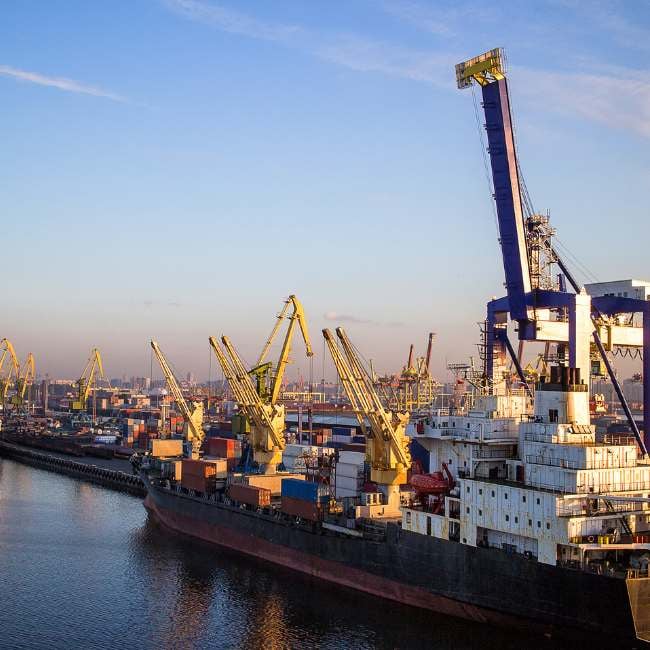
4 tipps for reliable reefer monitoring
Monitoring and maintaining the temperature of reefer shipping containers is essential for ensuring that perishable goods remain safe during transport. Managing these containers requires careful observation, regular maintenance, and reliable technology in order to maintain the desired temperature range at all times.
In this article, we will provide four tips to help you monitor a reefer shipping container reliably so that your goods arrive in perfect condition.

101 Reefer Plugs
If you manage reefers, you're probably always looking for ways to optimise your reefer fleet's energy usage. One way to do this is by monitoring the reefers' power consumption. Keep reading to learn about reefer containers, how they work, and their power specifications.
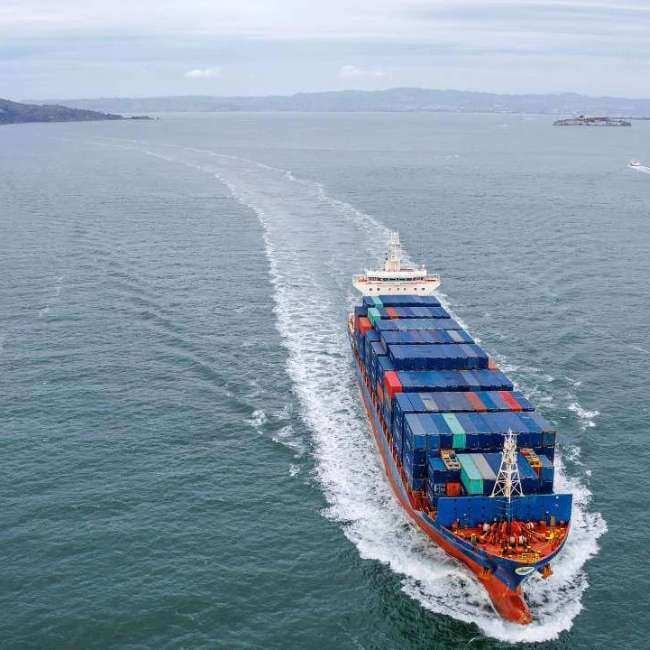
Dangerous cargo and reefer monitoring
This article provides an in-depth overview of the classification, regulation, transportation, and safety measures associated with dangerous cargo, particularly their shipment by sea, and highlights the essential role that reefers play in this process. The transportation of dangerous goods by sea is an essential component of global trade, involving substances that pose risks to health, safety, property, or the environment. Classified under the International Maritime Dangerous Goods (IMDG) Code, these include explosives, flammable substances, toxic chemicals, and more. Despite widespread use, quantifying their total volume remains challenging due to reporting inconsistencies. The International Maritime Organization (IMO) and other regulatory bodies continue to oversee and regulate safe shipping practices to mitigate associated risks.
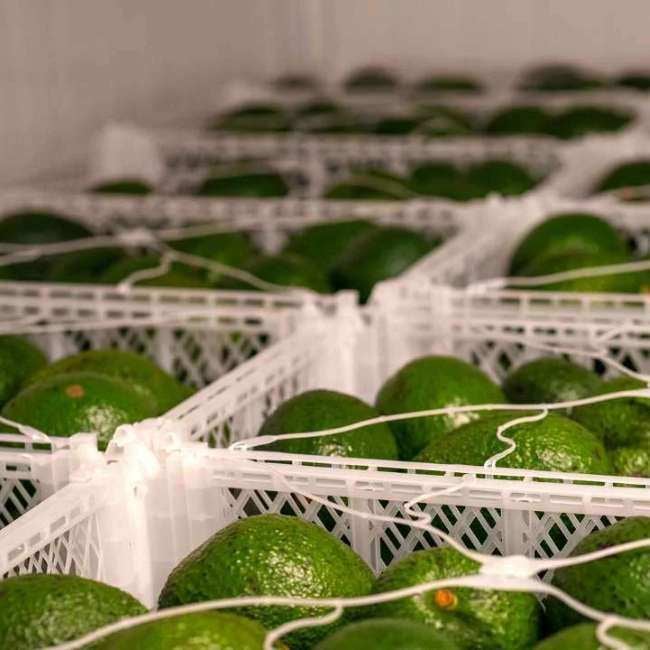
High-season reefer monitoring
Peak season can push container terminals to their limits, especially when dealing with reefer containers. The stakes are high: operations must be efficient, cargo must be kept in perfect condition, and sustainability goals can't take a backseat.
The latest reefer trends are rising to this challenge. With tools like AI-powered demand forecasting, blockchain for transparent supply chains, and advanced energy management systems, terminals can handle the busiest times more smoothly. Let's find out how they do it.

Cargo compliance and reefer monitoring
From fresh fruit to life-saving medicine, reefers are the cool heroes of global trade, quite literally. Handling them requires precision, compliance and an unwavering eye for detail.
In our article, we uncover the idiosyncrasies of reefer cargo, the pitfalls of non-compliance and the impact of peak seasons. We are learning about new technologies and strategies that are helping to combat problems such as food waste and resource depletion.

WHS and reefer monitoring
High-risk work environments, such as ports in particular, require consistency in measures and new solutions to control risks like extreme weather conditions, heavy machinery and - especially in the case of reefers - electrical hazards.
Key WHS New Zealand institutions, such as Maritime NZ, are launching an action plan to raise awareness of discrepancies and promote safety measures. The automation of reefer management can make a valuable contribution by significantly reducing manual tasks and thus the time spent in the dangerous environment of reefers. In this article, we discuss how ports can improve the safety of their employees while increasing their efficiency.
Sustainable ports become reality
In today’s world, where environmental changes occur, a drastic change is crucial for the sustainability of ports. Ports significantly impact the environment, including air and water
pollution, energy consumption, and greenhouse gas emissions.
In this article, we will discuss the various impacts of ports on the environment and the measures to improve sustainability. We will also explore the challenges of decarbonisation and electrification and the benefits of embracing these concepts
for the future of port sustainability.
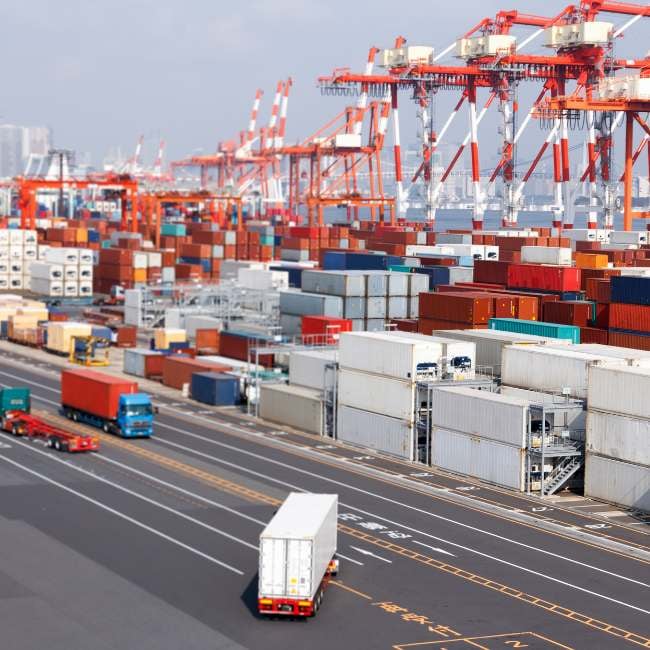
Reefer monitoring: 6 Reasons why to automate
In most ports, terminal automation largely focuses on container handling while individual containers are monitored manually. Monitoring is vital in keeping the temperature of perishable cargo at the proper levels. Still, it is very labour-intensive as the temperature setting and monitoring are often done manually.
In this post, we discuss six reasons to automate your reefer operations.
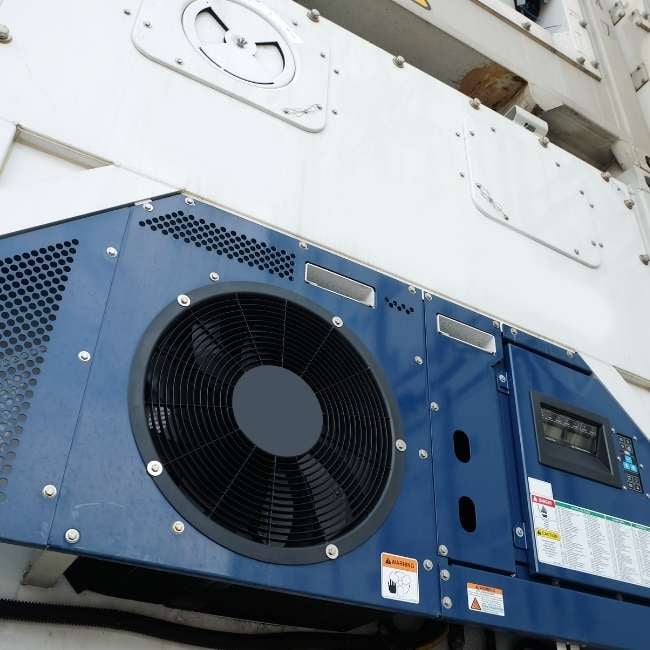
Why a reefer monitoring system improves productivity
Fresh produce like fruits, vegetables, meat, dairy, seafood, cut flowers, pharmaceuticals, chemicals, and electronic goods have one thing in common: They require temperature control and must be monitored during transport.
A remote reefer monitoring system can track perishable goods' temperature and humidity during transport and their stay in ports. This information can improve the supply chain by ensuring that goods are transported in optimal conditions and arrive at their destination fresh and unspoiled. A reefer container monitoring system can also help to identify issues with the transportation of perishable goods, such as delays in transit or exposure to extreme temperatures, which can help to improve the overall quality of the supply chain.
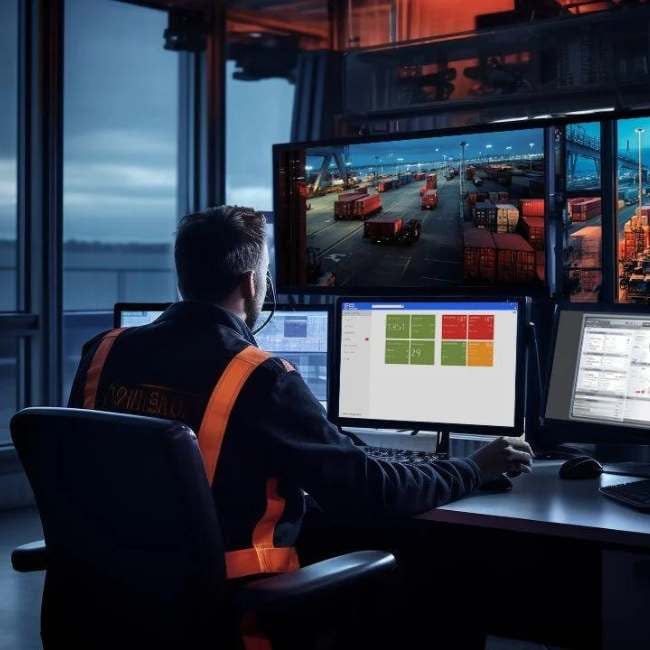
Reefer Monitoring Trends
Explore the dynamic evolution of reefer monitoring in our comprehensive article. From simple thermostats to AI-powered predictive maintenance, discover how technological advancements are revolutionizing the industry. Learn about the challenges and opportunities in cybersecurity, the growing role of SaaS for smaller-scale operations, and the pivotal importance of standardisation in digital data exchange. Understand how 'smartification' and seamless monitoring ensure the integrity of perishable goods, and the critical role of environmental sustainability. Dive deeper into how digitalisation is closing the gap between industry players and the rising importance of cybersecurity in an increasingly connected world.
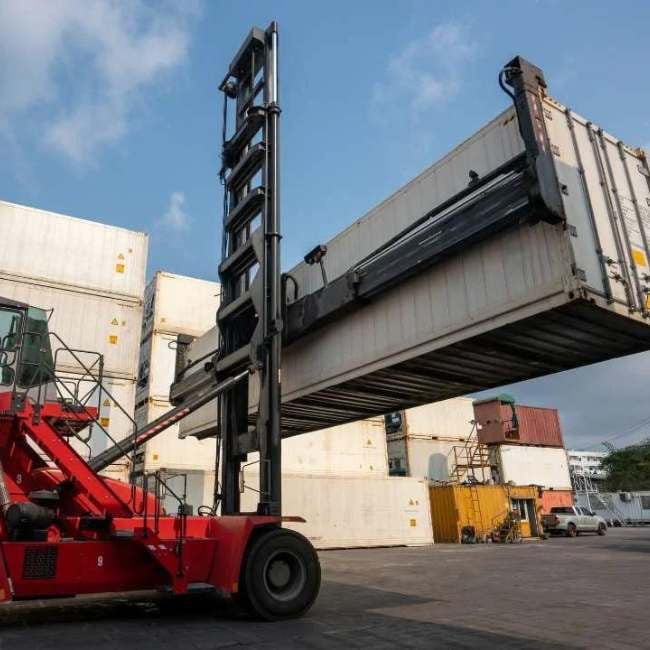
Reefer Monitoring Device
Monitoring refrigerated container temperatures plays a critical role in ensuring the integrity of perishable goods during transportation. Before the advent of modern refrigeration technology, long-distance transport of fruit, vegetables, or meat was impossible, and significant challenges were faced. The lack of temperature monitoring and regulation capabilities often resulted in product spoilage, economic losses and compromised food safety. Learn more about the reefer temperature monitoring device.

Reefer Monitoring and GenSets
More and more goods need to be transported refrigerated or at a controlled temperature, whether they are perishable or sensitive or, because ambient temperatures in transit could negatively impact the freight.
Reefer gensets play a large part in ensuring that these goods are safely delivered everywhere on the globe, even to remote areas and that as many people as possible can benefit from their safe transport.
Pioneering Energy Efficiency for a Sustainable Future
In this whitepaper, we delve into the crucial role of innovative technologies in facilitating the transition from a carbon-intensive port industry heavily reliant on fossil fuels to a low-carbon model that harnesses renewable energy and alternative fuels. By conducting a systematic literature review, we explore various operational strategies, technology applications, and energy management systems that have the potential to significantly improve energy efficiency and environmental performance in ports and terminals.
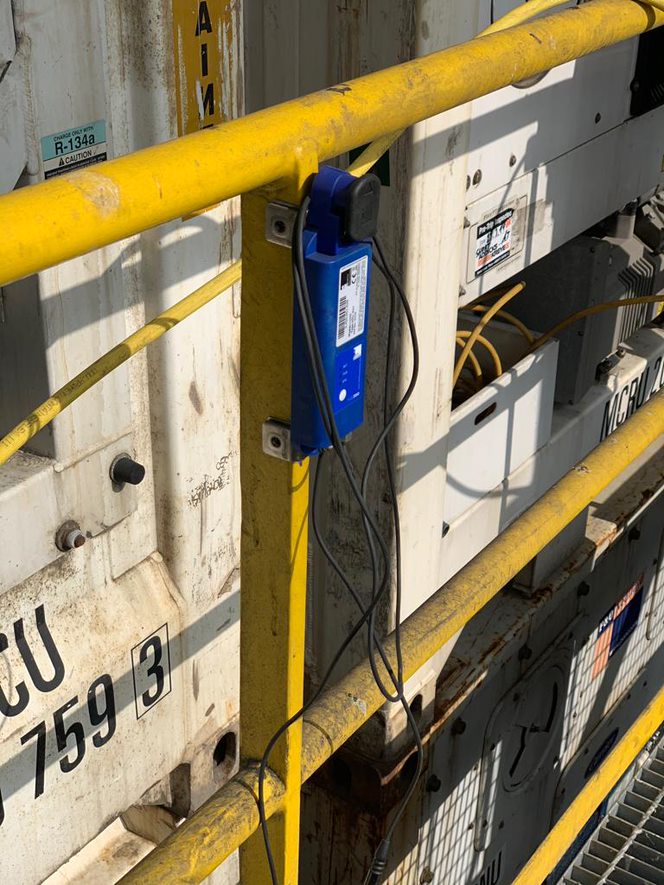
Tideworks and reefer runner are talking
Identec Solutions' Reefer Runner and Tideworks Technology flagship, TOS MainSail, have been successfully integrated. Following the requirements of terminal operators in different parts of the world, Identec Solutions developed an interface between Reefer Runner and MainSail TOS, according to Tideworks technical specifications.
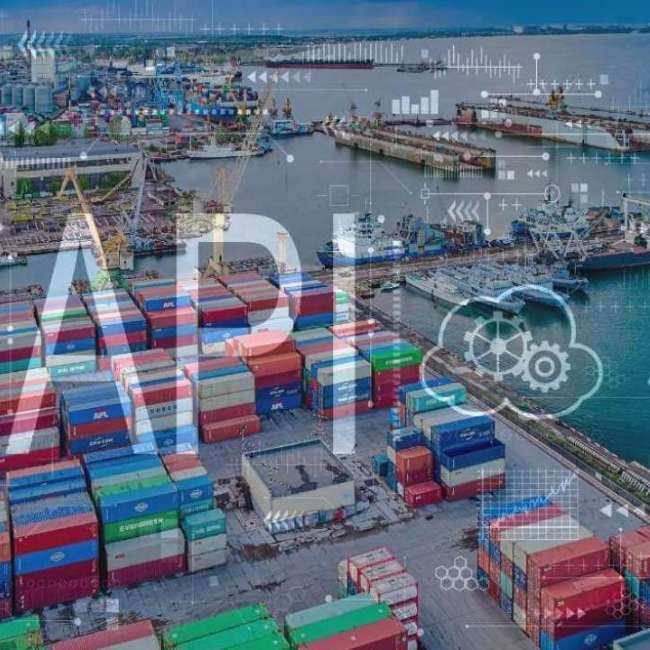
Implementing Reefer Monitoring with Navis N4
The global trade in perishable goods such as fruit, vegetables, and frozen goods, as well as pharmaceuticals and various temperature-sensitive electronics, relies heavily on the use of refrigerated containers called reefers.
In addition to adequate packaging, correct storage within the container and the correct settings, seamless temperature monitoring is a central factor for successful transport. Integration with Terminal Operations Systems (TOS), like Navis N4, is a crucial advantage for real-time monitoring.
Remote reefer monitoring system: How to integrate it?
A remote reefer monitoring and management system offers a number of benefits for container terminals. With its process-centric approach, the system is designed to handle the specific requirements of refrigerated containers. This includes integrating into the IT landscape of the terminal and becoming an integral part of its operations.
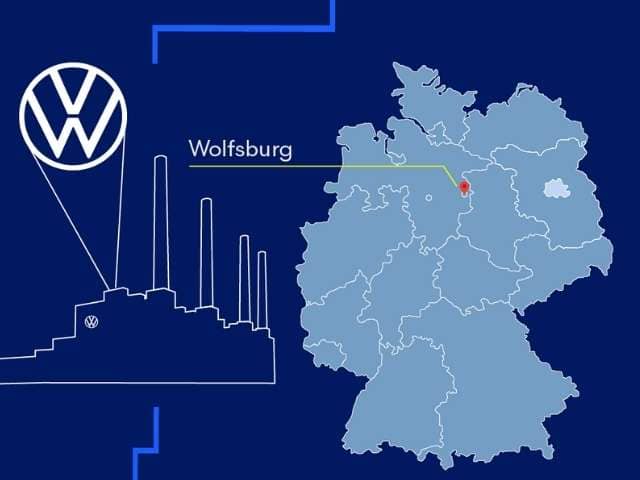
VW Autostadt Infographic
The Autostadt in Wolfsburg focuses on all aspects of mobility. The theme park and educational centre is one of the most popular tourist destinations in Germany. The Autostadt is also the world's largest new car delivery centre and home to the multi-brand ZeitHaus car museum.